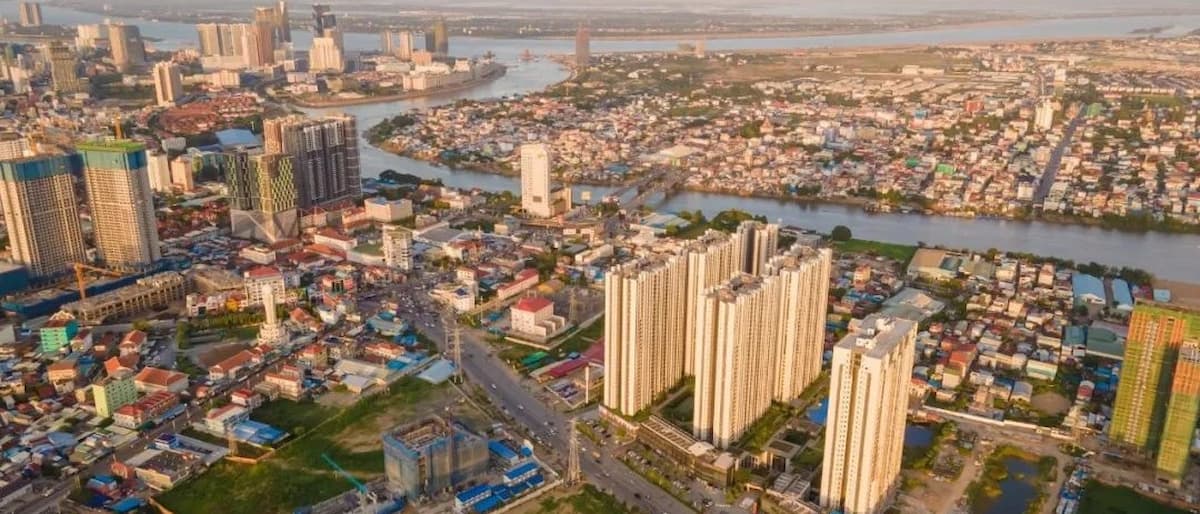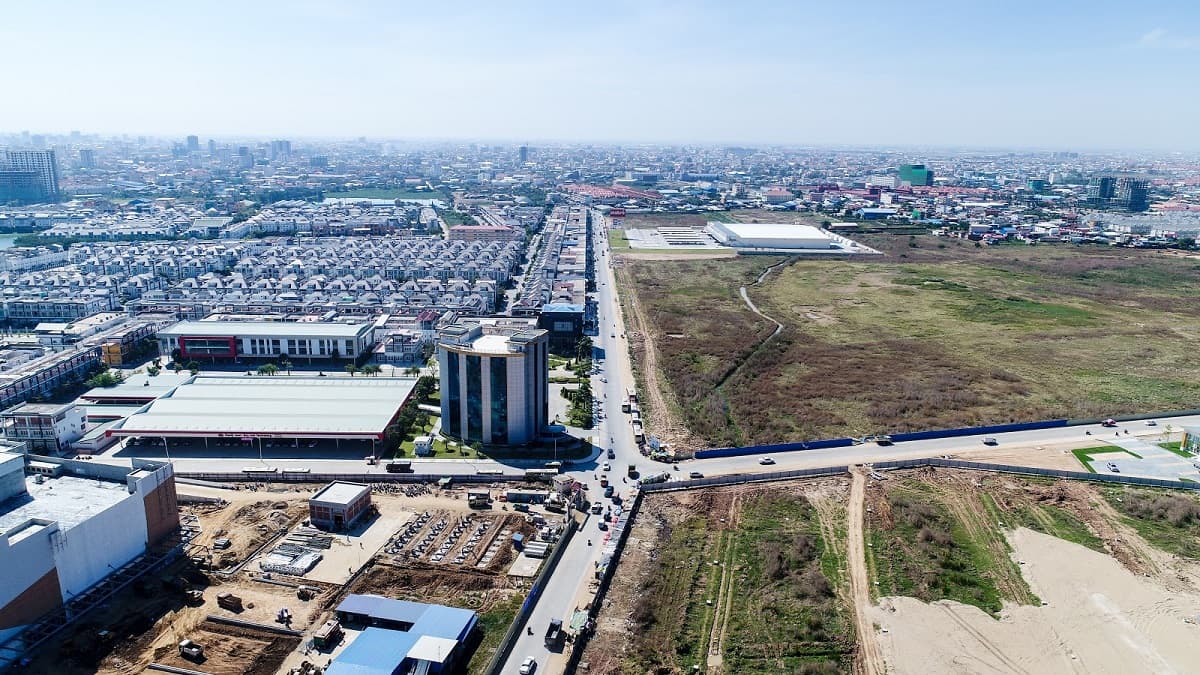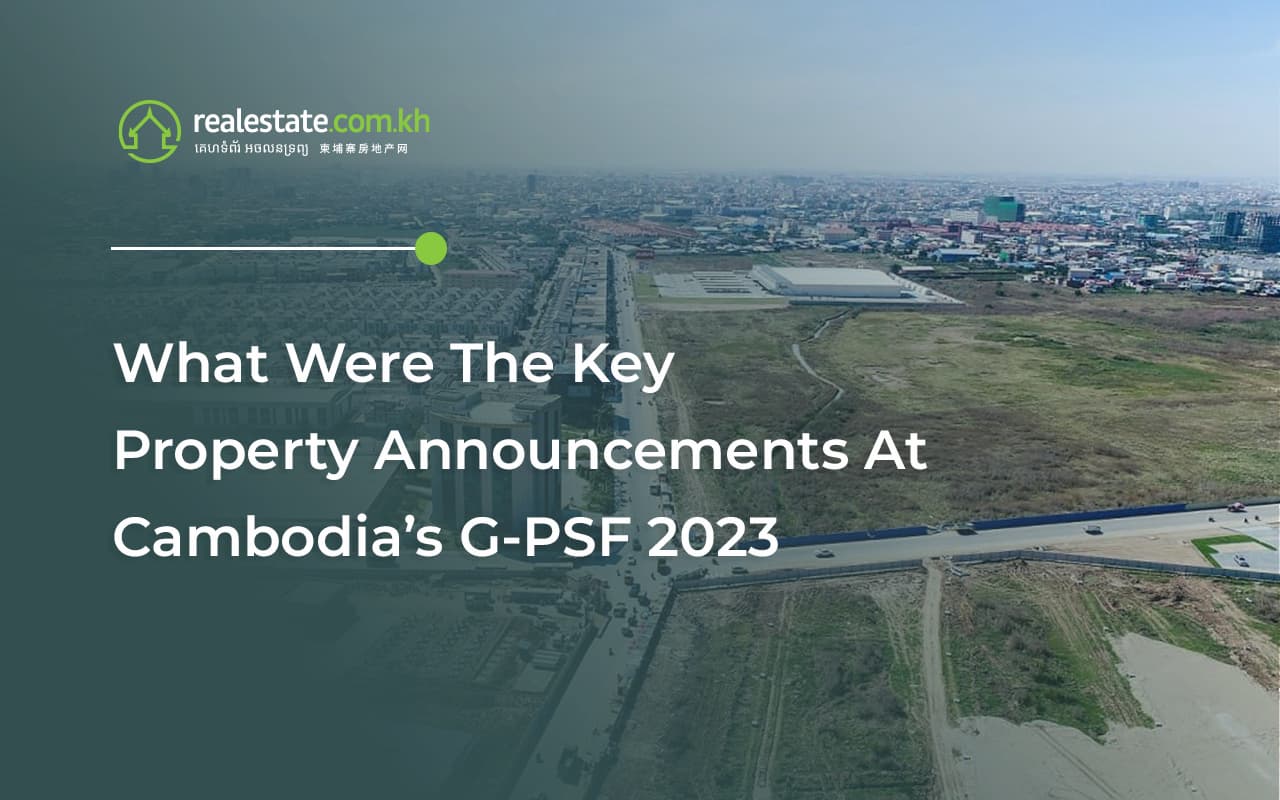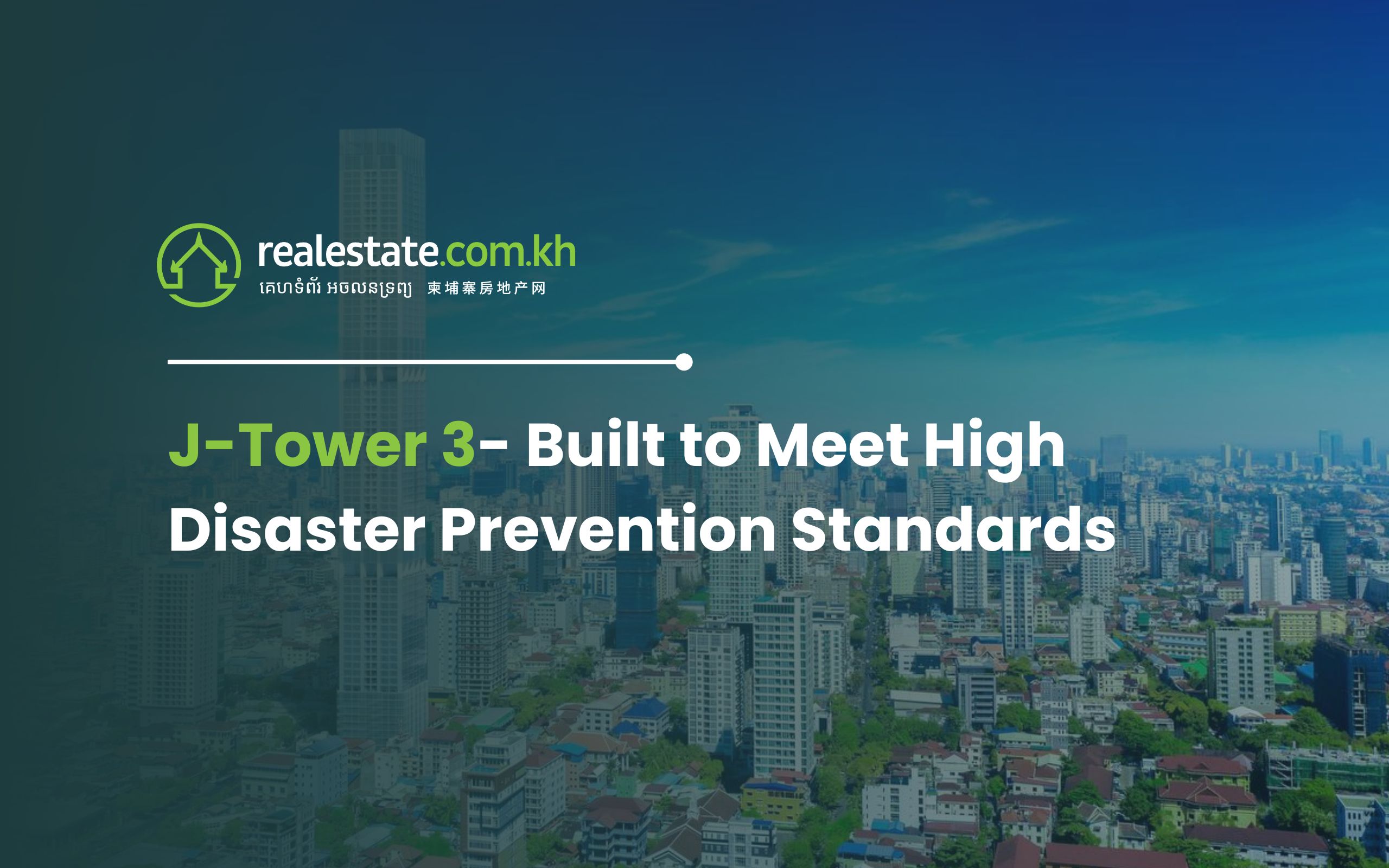Following the 19th Cambodian Government-Private Sector Forum (G-PSF) held in Phnom Penh this week, several new tax incentives were announced relating to property and development including the news that the Capital Gains Tax was once again delayed.
Cambodian Prime Minister Hun Manet has stressed that moving forward, The Pentagonal Strategy Phase 1 which is defined by five factors: growth, employment, equity, efficiency, and sustainability, will be used by the Royal Government to select the five key priorities with a core focus on: people, roads, water, electricity, and technology.
Cambodian Tax Administration Reforms
The government aims to establish clear standards and transparency in tax implementation, putting in place standard operating procedures (SOP) for tax officers to adhere to.
These SOPs will provide common standards for the implementation between tax officials and taxpayers and we have picked out those relevant to property:
- Real Estate Surveys and Procedures for Real Estate Surveys,
- Unused land tax and procedures for tax officials and taxpayers,
- Property tax and procedures for tax officials and taxpayers,
- Stamp taxes and procedures for tax officials and taxpayers,
- Taxes on real estate fees and procedures for tax officials and taxpayers.
Capital Gains Tax Delayed Until The End Of 2024
The Capital Gains Tax was confirmed to be delayed again with the implementation on capital relating to immovable property, finance leases, investment assets, goodwill, intellectual property, and foreign currency not coming into effect before the end of 2024.
The Ministry of Economy and Finance (MEF) issued Prakas No. 346 to implement capital gains tax with a flat tax rate on capital gains of 20 per cent. Initially, this was due to come into effect on 1 July 2020 but has been delayed several times.
For immovable property, the tax authorities provide a choice where the taxpayer can claim a standard tax deduction of 80% of the taxable income or actual expenses with supporting documents.
For capital gain from the sale or transfer of other assets, taxpayers must claim tax deductions based on actual expenses incurred. You can find out more here on the process and calculations of the Capital Gains Tax in Cambodia.

Changes To Cambodian Property Taxes
Stamp Duty Exemptions Extended
Several key points were highlighted relating to Cambodian Stamp Duty. This tax exemption extends to stamp duty on real estate transfers within family relationships, including parents to children, grandparents to grandchildren, spouses, and husbands for gifts and inheritance.
- Continuation of stamp duty exemptions on the transfer of ownership or possession of all types of housing in the form of housing development (boreys) with a value of less than or equal to $70,000 until the end of 2024.
- Additional stamp duty exemption on the transfer of ownership or possession of all types of housing in the form of a city and a value of more than $70,000, allowing the deduction of that amount from the stamp duty base to buy a home in a housing development project (borey) that has a real estate business license and is properly registered until the end of 2024.
Tax On Immovable Property
Property owners can now register and pay taxes on immovable property that was not previously registered.
Penalties and interest rates on the tax on immovable property will be waived until the end of June 2024. However, this does not apply to taxes already paid.
- Exemption from administrative penalties on property tax and/or unused land tax, where property owners can only pay tax without additional tax and interest until the end of June 2024.
- Exemption from tax reassessment, which includes taxes including administrative penalties (additional tax and interest) from the year the tax is applied until 2023 for properties that have been registered and declared property tax in the past with an incorrect land value or construction land size construction type of construction, or construction life. From 2024 onwards, the laws and regulations in force must be complied with.
- Authorised the registration and payment of taxes from the year of occupancy or the last beneficiary of the property (with or without a title deed) that has not been registered and declared for property tax in the past.
Unused Land Tax To Be Implemented in 2025
The government will provide further clarification and incentives regarding this Unused Land tax to be implemented in 2025 but they could be looking to tax unused land that exceeds 5 hectares or more in size with initial details provided below.
It should be noted that there has been a property tax applied only to real estate located in the 14 districts of Phnom Penh and 27 cities in the provinces throughout the country.
The tax on Unused Land applies to land with construction and unused construction land and unused land, which is generally land not in Phnom Penh city.
This is being introduced for four reasons, with Cambodian Prime Minister Hun Manet explaining, “The government has four purposes in taxing land which is not in use. First, we will prevent people from buying dozens of hectares of land for speculation. This will also prevent them from selling it at a higher price and taking advantage of the market, leading to a loss of productivity. Second, it will encourage them to use the land in line with our development goals. Third, we aim to increase economic activity and create employment opportunities and fourth, we aim to increase tax revenue, to increase the available budget for sub-national expenditure.”

- It is a tool to prevent the purchase of large hectares of land, leaving it unused for sale, raising prices for profit, or as a farming activity that reduces the productivity of land use as a resource.
- To promote appropriate and developed land use.
- Increase economic activity and labour force.
- Ensure revenue collection benefits the budget of the sub-national administration.
The government wants to avoid double taxation and a new policy from the GDT and MEF will revise the legal documents to ease the conditions for obtaining tax exemption for unused land. This will be as follows:
- Land subject to unused land tax refers to land outside the property tax area;
- Land subject to unused land tax is allowed to be deducted at 5 hectares per site;
- Land in excess of 5 hectares can be exempted from tax on unused land in accordance with any of the following conditions:
- Agricultural land being cultivated with the approval of the commission or sub-committee to assess the land for unused land tax,
- The land serves the economic activities of a natural person or legal entity registered with the tax administration,
- Land with or without construction under lease,
- Land owned by the Royal Government or government institutions,
Economic land concessions leased from the state, or community land, - Land owned by the state leased to a legal entity or a natural person for use in various economic activities under a contract or agreement between the two parties
- Land in a special economic zone that directly serves agricultural, industrial and service activities, and
- In accordance with the request by the Education Working Group, the land is registered as the property of the enterprise in the field of education, education and vocational training for the purpose of working in the field as mentioned above.
Foreign Land Ownership in Cambodia & Growth Of Trusts
Prior to the G-PSF, there were rumours that the government would allow foreigners the legal right to purchase houses and land in borey projects but Prime Minister Manet said that only natural persons and legal entities of Khmer nationality have the right to own land.
The Cambodian prime minister said, “I think that the current challenges in the real estate sector do not require a constitutional amendment,” suggesting that foreigners can purchase land in Cambodia via the 2019 Trust Law which allows foreigners to buy and occupy land by appointing a representative as the owner in the land ownership document.
The Director General of the Trust Regulator of Cambodia (TR) Sok Dara confirmed this week that there were 683 trusts registered with the TR with a total investment fund of USD $1.22 billion as of November 14, 2023. A further 83 new trusts (total investments of USD $35 million) are expected to be added by the end of November 2023.
As many as 580 of the trusts were registered in the Cambodian real estate sector.




Comments